
Debating democracy: as it happens
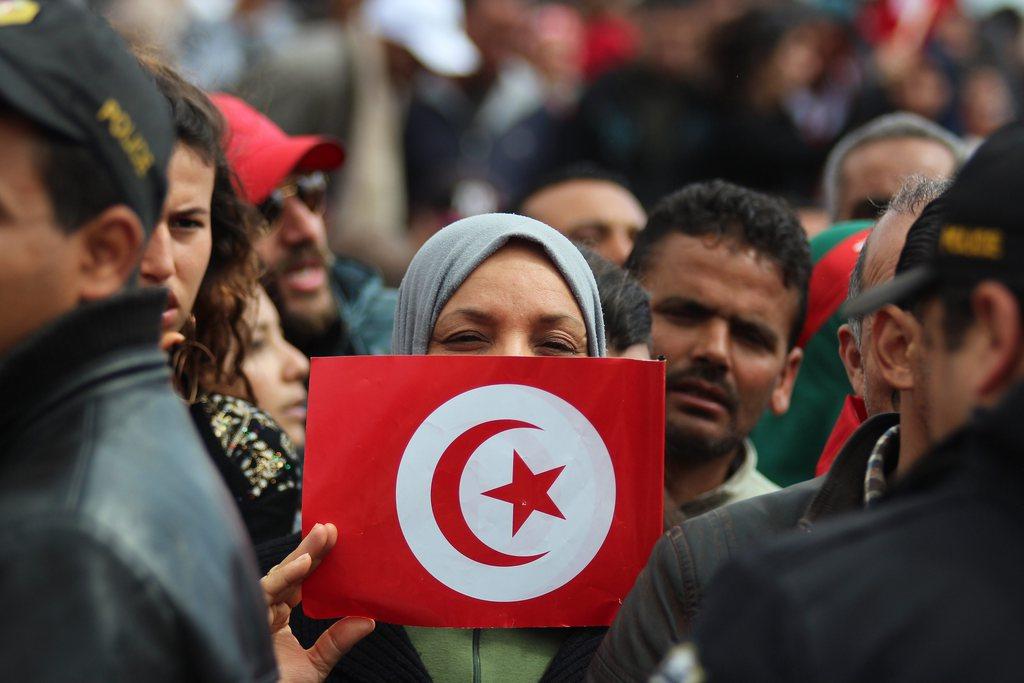
From May 14th to 17th the Global Forum on Modern Direct Democracy in Tunis addressed issues like active citizenship and participatory democracy. Through this blog, Joe Mathews – the co-president of the Global Forum on Modern Direct Democracy – attempted to capture the spirit of the main theme of the conference: "Decentralisation by participation".
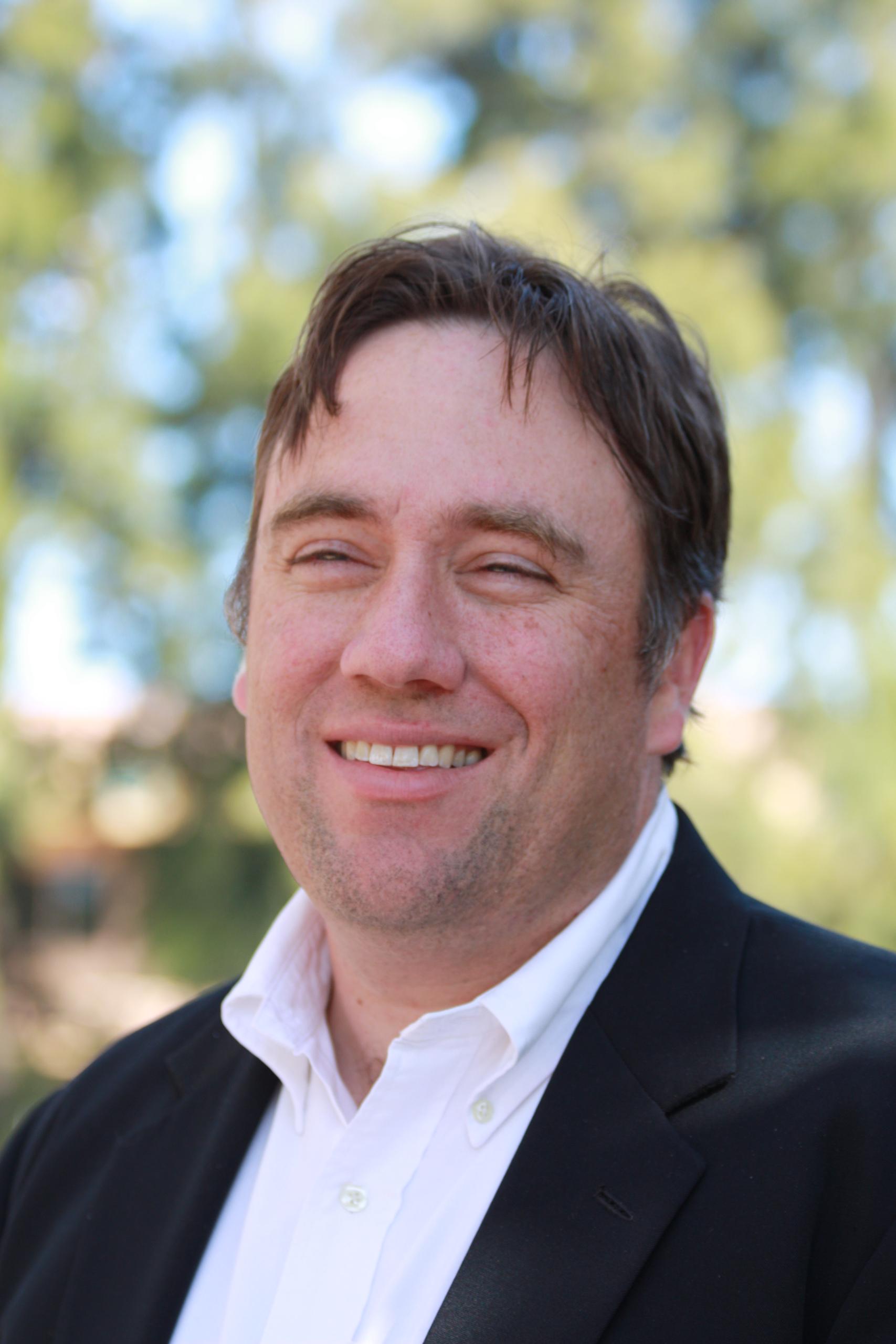
May 17 – How do you guarantee local democracy and participation?
On the last day of the Global Forum on Modern Direct Democracy, Mourad Ben Mouelli of Tunisia’s election authority laid out several ideas to improving the representation of democracy.
He called for party lists to include young candidates, and said that lists that did not do so should be “null and void.”
He urged reform of parties, and the legal framework around them, to guarantee women’s participation.
He said the same person should not be able to serve on the national parliament and in a local council at the same time.
And he said the new local government system in Tunisia would require elections and better management of municipalities from “wiser, more serious” local candidates.
But in calling for more local democracy, Mouelli said there was one idea that he didn’t see as happening: Letting voters themselves render a verdict on plans for decentralisation of Tunisia and its regions and local communities.
I posed this question myself after Mouelli spoke on Sunday morning. The new Tunisian constitution includes a clear right to referendum. And I noted that the ongoing decentralisation of power would produce new proposals for how to structure state and local government. And since those would have profound impacts, why shouldn’t those changes be voted upon by the people?
Mouelli first answered by saying that the government would consult deeply with local communities in a variety of ways. When I pressed him for a yes or no, he essentially said no – that while there would be direct democracy in new local governments, the constitution did not provide for a referendum of the decentralisations plans.
Mouelli was also pressed on when local elections will be held. Some officials have said later this year, but a member of the audience noted there have been many delays. Mouelli wouldn’t commit to a timeline, saying that the country would need to adopt four legal proposals that would set up the rules for local communities, budgets and elections.
May 17 – Off to San Sebastian

The Global Forum on Modern Direct Democracy is very much a small operation. It has no permanent office or organization. It is a loose global network based on collaboration.
Often, we finish one global forum and don’t know where the next one will be, two years hence. But Sunday’s conclusion to the forum was different. It came with the announcement that Donostia-San Sebastian, Spain, will host the next Global Forum in late November 2016.
San Sebastian’s mayor, Juan Carlos Izagirre, made the announcement in a recorded message from in front of the carousel along the water of his city. He said the forum would look not only at direct democracy but at four aspects of it. He also talked about an effort to link cities around the world that practice direct democracy – in a league, of sorts, of direct democratic municipalities.
San Sebastian is Europe’s Cultural Capital next year, and the global forum will fit those festivities, the mayor said.
May 17- Starting and finishing a fight
As a very secular citizen of Los Angeles, I never expected to find myself at the heart of an argument over whether I was interpreting an Islamic concept in a way that was too friendly to Islamist notions of democracy.
On Sunday, I found myself in exactly that place.
On the last day of the Global Forum on Modern Direct Democracy in Tunis, one of my final tasks as co-president was to present a draft of a declaration that would be issued to sum up the four-day conference. It would cover what we had talked about, and make some points upon which there had been consensus.
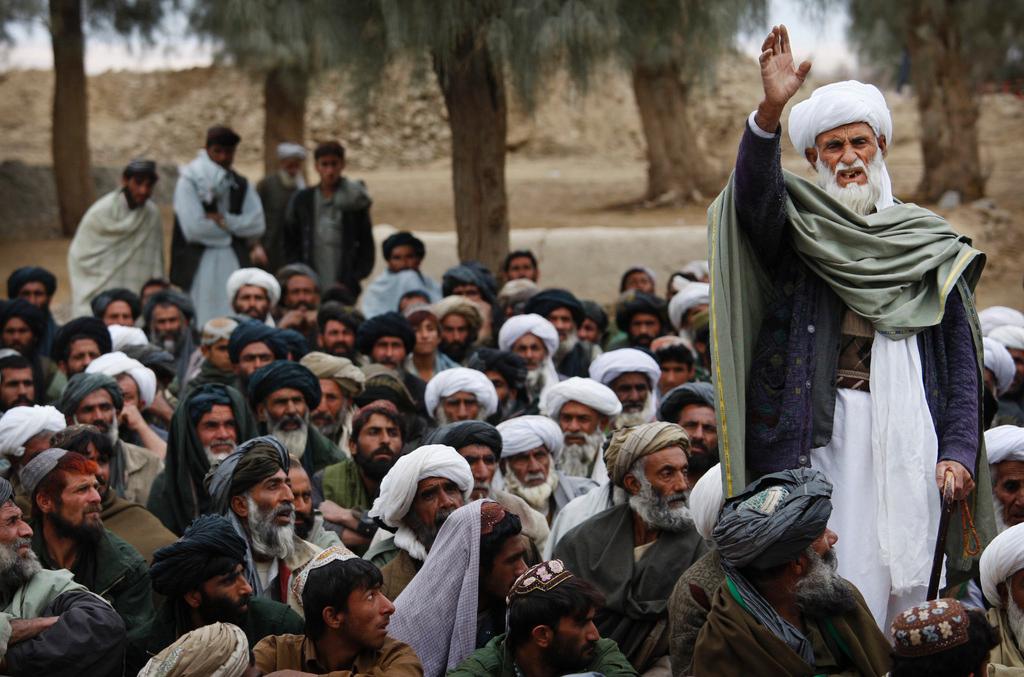
I’m an editor and writer, and I was put in charge of assembling the document, getting input and editing it, a process to which I devoted most of Saturday and early Sunday. The document, naturally, talked about direct democracy, participation in various forms, media, decentralization and local government (which was the stated topic of the conference), and Tunisia’s transition to democracy.
But I also felt the need to sum up our discussion of Islam and direct democracy, a big topic, wit
h three panels or workshops devoted to it. One of the most intriguing arguments made at the conference was that Islamic principles fit well with direct democracy. Particularly the concept of shura, or consultation. Just as direct democracy requires consultation with voters before big decisions, shura requires consultation with those who would be affected.
Here is how I first wrote it:
“We have taken note of how the Islamic principle of shura – or consultation – embodies the democracy we seek. Consultation means that before we take decisions, we must get to know one another. We must learn and gain knowledge. And we must take care to listen to those who would be affected by those decisions. That is shura. That is direct democracy.”
When I read that draft paragraph to forum attendees on Saturday, there were no objections. But on Sunday, with colleagues waiting to translate the declaration into Arabic and French and distribute it to the Tunisian press, much of the room objected to it.
Some wanted to take out the entire paragraph about shura; they said it went too far, and strongly objected to a religious basis for direct democracy. They also suggested that it would provoke fierce objections. Others wanted to whittle it down. But still others wanted to edit it and make changes.
It was a very passionate discussion, but polite. With the room divided, there was no consensus, and so I made the call to cut the mention of shura, and accepted an audience suggestion to boil down the point to just one sentence. “We have heard here that Islamic principles do not need to be in contradiction with democracy, and vice versa.”
I’m very happy with the final declarationExternal link. And I would point out that in how we consulted with each other about the subject, we were practicing shura. Or at least something that sounded a lot like it.
May 15 – A Direct democracy sampler
On its first day, the 2015 Global Forum served up big, heavy main dishes – major speeches and conversations, with hundreds of attendees from 38 countries gathered in one big auditorium at the University of Carthage.
After that heavy meal, the four-day forum, as it heads into the weekend, started to serve smaller portions.
The groups divided up and spread out over the university’s agricultural technology campus for workshops on a host of issues. Attendees on Friday could learn about democracy in Morocco, declining voter turnout in Germany, the challenges of being a journalist in the Arab World, the role of women, the global state of local democracy, efforts to ban types of hunting in Malta and Michigan, and the role of youth in Tunisian politics. Saturday is scheduled to bring more workshops – on social media, citizens media, new citizens movements, and on parties.
On Friday, the best-attended workshops were strong discussions of the relationship between direct democracy and Islam. The group also reconvened for a session on women, that was chaired by Anne-Marie Sigmund, former president of the European Economic and Social Committee; many male speakers have argued during the forum that Tunisia has established equality for women, but women speakers have disagreed, even as they noted progress. Tunisian Secretary of State Amel Azzouz noted that for all the women who worked to frame the new 2014 Tunisian constitution, she couldn’t find any women discussing it on TV when it was ratified.
But some of the most detailed discussion came in back-to-back workshops in a classroom without air conditioning. These talks looked in detail at participatory democracy ideas like participatory budgeting.
One revelation: that seven Tunisian cities have begun low-profile experiments in participatory budgeting, with the coastal town of La Marsa being first.
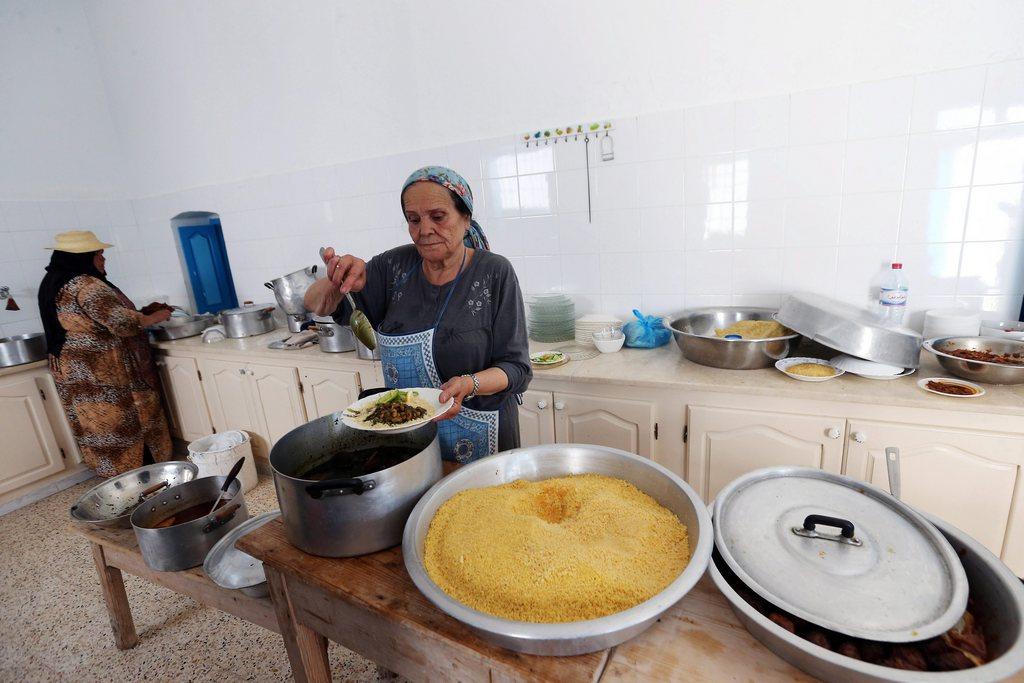
It’s hard to tell how these will work out. The participatory budgeting is starting despite the fact that it’s not yet clear what the jurisdictional boundaries of Tunisia’s regions and municipalities will be. Under the country’s new constitution, a new system of local and regional government must be designed and established, and municipal elections have been discussed as a possibility for later this year.
But during the forum, government officials and others involved in the establishment of a local governance structure have said it could be years before this decentralization of Tunisian power takes place.
May 15 – Tunisian exceptionalism?
Back home in the U.S., there is plenty of debate about “American exceptionalism” and whether President Obama and others are undermining the idea that the U.S. is an exceptional, even indispensable nation.
To my surprise, spending this week as co-president of the 2015 Global Forum on Modern Direct Democracy in Tunis has led me into a North African version of the debate: is there such a thing as Tunisian exceptionalism?
Opinions have differed over the first two-and-a-half days of the forum. The starting point is the hard fact that Tunisia’s transition to democracy continues to progress, while other Arab Spring countries have reverted to authoritarianism. Does that suggest there’s something very different – and special – about Tunisia? Or is it wrong to say that and somehow suggest that democracy is not universal, or somehow not compatible with other Arab countries or Islamic societies?
Most of the arguments here have tilted in favor of Tunisian exceptionalism. And the best case for it was made Friday afternoon at the Global Forum during a talk by Tunisian Secretary of State for International Cooperation Amel Azzouz.
Azzouz, noting that the question had been posed at a Yale event, argued that four things made Tunisia exceptional – particularly as a place for democratic progress.
First, Tunisia is a “homogenous society,” which sounded like a reference to the fact that the country is overwhelmingly Sunni and thus less susceptible to sectarian conflict.
Second, Tunisia has an “uninvolved army” that isn’t going to step in and seize power.
Third is its powerful and sophisticated civil society, evidenced by the revolution and the country’s democratic progress since.
Fourth is the country’s political society, particularly its respect for women and many women in leadership.
The example, it went without saying, was her own presence on the stage.
May 15 – Islam is direct democracy
“We want to raise the new generation to shura, to direct democracy.”
That best summed up an extraordinary talk by Rached Ghannouchi, co-founder of Tunisia’s moderate Islamist party Ennahdha, Friday at the 2015 Global Forum on Modern Direct Democracy in Tunis.
In a presentation labeled “Islam and Direct Democracy,” Ghannouchi made the case that the concept of shura, or consultation, which is mentioned in the Quran, embodies the concept of direct democracy – that, through initiatives and referenda, the people must be consulted on big decisions, because the best decisions require the knowledge of those most directly affected.
“We want to raise the new generation to shura, to direct democracy,” he said.
Ghannouchi also said that waqf, or community endowments, was another example of the deep connection between Islam and direct democracy, since both require a strong civil society that is wealthy and independent. And in its tradition of pluralistic jurisprudence and courts, Islam also dovetailed with direct democracy; the law cannot be a singular possession of the will of the state, under Islam or under direct democracy. He argued further that Islamic schools of jurisprudence, the madhahib, are examples of the pluralistic impulse behind direct democracy, since they represent avenues for direct interaction with the demands of the people.
“Islamic jurisprudence is a school for direct democracy,” he said.
Ghannouchi and his party have been strong advocates of initiative and referendum rights, which have been enshrined in the 2014 Tunisian constitution. Participatory democracy tools are supposed to be part of Tunisia’s new system of local and regional democracy.
Ghannouchi warned that Islam required leaders to respect the judgments of the people. “The Prophet said, he who harms people is the most harmed.” He also directly answered criticism that Islam and democracy are incompatible. “Why is it that Christian Democracy is governing the most powerful state in Europe, Germany, but when we speak of Islam and democracy, it’s blasphemy?”
“Each system of democracy is a mechanism to govern differently,” he added. “They rely on a set of values that can come from Judaism, from Christianity, and also from Islam …. Secularism is not the only source of these values.”
May 14 – Decentralising power in Tunisia – not so fast
Who says no one cares about a wonky subject like decentralised power?
A first-of-its-kind debate Thursday night between major parties, unions and government officials over decentralisation of power was scheduled to take an hour. But after 90 minutes, the translators, exhausted after a long day of work at the 2015 Global Forum on Modern Direct Democracy, went home.
The debate raged on.
Foreign attendees (including yours truly, the forum co-president) who relied on English and French translations of the Arabic discussion had been gripped by the debate. But without translation, they could no longer understand what was being said. And so many left the room.
But the debate continued.
After nearly two hours, buses came for the foreigners, and staff at the University of Carthage, the host for the forum, tried to pack up. But still, they kept talking.
The participants’ unwillingness to stop – and the eagerness of Tunisians in the audience to see it go on – reflected two dynamics.
“The debate had the feel of people having a really important conversation for the first time.”
The first is practical: Four years after the end of a decades-long dictatorship that centralised authority, the decentralisation of power is an urgent issue. Tunisia must – for its future and under requirement of its new constitution – build an entire new structure of local and regional governance. Tunisia must also set new jurisdictional boundaries for municipalities and provinces It’s a huge task.
The second is this: despite the size and importance of the project, it hadn’t previously been debated in a public forum like this. And it was clear that no one – not political parties, not the power organisation of trade unions, not the government – has clear and specific proposals for how to do this. The debate had the feel of people having a really important conversation for the first time.
In that way, the debate suggested that expectations in Tunisia for progress in decentralising power are way too high. There has been considerable talk about holding municipal elections across the country later this year, and public statements had suggested that the process could take six months. But the debate poured cold water on that.
Mokhtar Hammami of the Interior Ministry, where he has led efforts to prepare for decentralisation, suggested that the full process could take another decade. “It will probably take us ten years before decentralisation results in something balanced and structural.”
That would include building up local service-providing capacity, and developing structures and financial controls so that new local governments could handle large amounts of public spending.
Other panelists, while acknowledging the work to be done, argued for moving faster to conduct municipal elections. Samir Cheffi of UGTT, the alliance of trade unions, argued that elections were needed to select legitimate local representatives to be part of the decision-making as new structures were built.
The debate said little about the specifics of those structures, and much more about strategy and the process of decision-making. Kamel Gargouri, representing the social democratic-oriented party Ettakatol, said the country needed “a road map” to show how it would make this transition to local government.
Tunisians have already done so much hard work – toppling a dictatorship, establishing a new constitution, electing a new parliament and a new president. But the hard, knotty work of rebuilding the country, and establishing local governments may be more difficult than all of those put together.
May 14 – Wide open to the new
You could go a long time before hearing senior government officials express as much openness as two Tunisian leaders did Thursday afternoon.
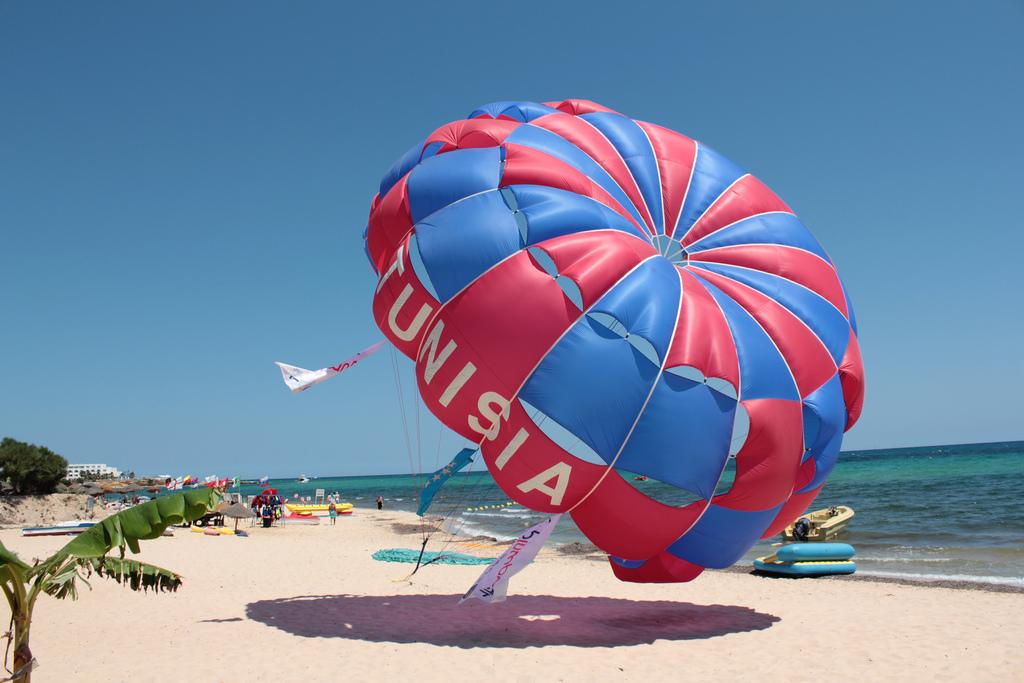
Mohamed Chafik Sarsar, the chairman of the Independent Tunisian Election Commission, and Kamel Jendoubi, the Tunisian minister in charge of relations with constitutional institutions and civil society, said they wanted new approaches to democracy and governance in society.
Sarsar, while noting Tunisia’s “tortured” history with the referendum – in particular, its use in the 1970s to extend presidential terms – said he was eager to see it embracing new direct and participatory tools. He praised participatory budgeting, and urged the application of such tools at all levels of government, from neighborhood councils.
Sarsar also argued that such democracy should be accompanied by transparency. He said the commission had put all records from polling stations – more than 11,000 – online so they could be studied by citizens and society. “We support a new concept of participatory,” he said.
Jendoubi, in often personal remarks that referred to his opposition to the regime in the ‘70s and departure from the country for many years, said: “We are living through things we did not prepare for.” That means, he added, that “we cannot deal with things as we did in the past.”
He outlined big questions: “With the multiplication of authorities and powers, how can we run this variety of institutions? What is the new game? We need to understand the new game in order to run things.”
Jendoubi and Sarsar both emphasised the need to learn from other places’ experience with democratic tools. “We are open to other experiences in other countries, because we don’t have full knowledge of these topics,” Jendoubi said. “We need the experiences of Europe, Africa, Asia, Latin America.”
May 14 – Big questions, little places, no answers
As the Global Forum on Modern Direct Democracy kicked off Thursday morning in Tunis, two of Tunisia’s leading citizens raised big questions about the next steps in the country’s democratic development. But they didn’t offer specific answers.
In opening remarks, Tunisian Prime Minister Habib Essid and the general trade unions secretary general Houcine Abassi laid out the challenge: Tunisia must design, under its new constitution, a new structure of regional and local government. And that structure must include participatory and direct democracy.
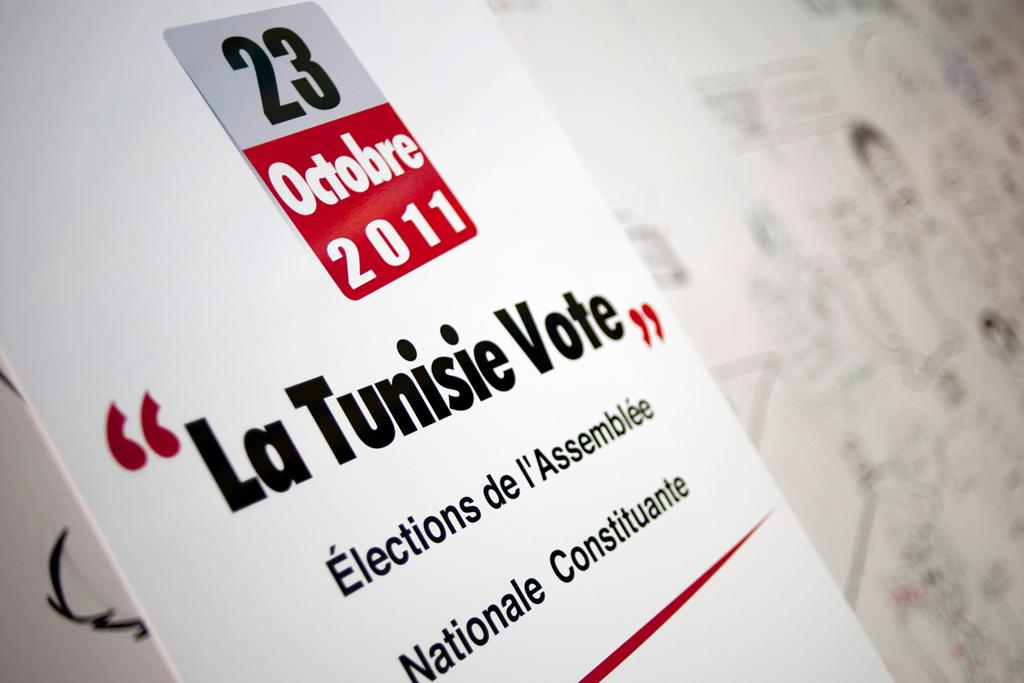
“What geographical marks do we need to establish representation and direct democracy in the regions?” asked Abassi. “What kind of regional organizations and model do we need? What is the degree of autonomy to the central authority? What is the role of local authorities?”
But neither Abassi nor Essid answered those questions. The prime minister, in expressing gratitude to the conference for coming to Tunisia and expressing hope that his country could become a democratic model, asked for ideas and participation.
He said the decentralisation of power and the development of local and regional democracy were crucial to Tunisia’s democratic transition. “The state guarantees the rule of law and equality in duties and the justice between the different regions,” he said.
He outlined the specific charge of the constitution, particularly in the preamble, which promises popular sovereignty, and Article 139, which he read:
“Local authorities shall adopt the mechanisms of participatory democracy and the principles of open governance to ensure broader participation by citizens and civil society in the preparation of development programmes and land management and monitoring of their implementation, in accordance with law.”
May 14 – kicking things off
PLACEHOLDER
We’re just glad you showed up.
That was the heart of the welcome in Tunis Wednesday night at an opening reception for speakers and overseas participants in the 2015 Global Forum on Modern Direct Democracy.
“We are deeply touched by your solidarity,” said Lasaad El Asmi, president of the University of Carthage, which is hosting the four-day forum on direct and participatory democracy at its agriculture and engineering campus.
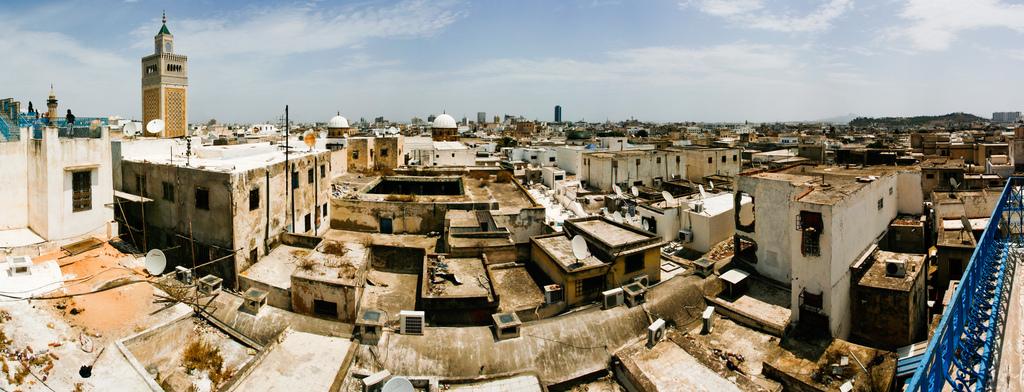
Tunisia has lost tourism and visitors since a March 18 terrorist attack at its Bardo national museum killed 22 people, mostly European tourists. The Global Forum had been scheduled well before the attack, and organisers (full disclosure: including me) never considered canceling the event, for which Tunisian officials had thanked them.
Henri Malosse, president of the European Economic and Social Committee, who is attending the forum and also spoke Wednesday night, said his own presence was “symbolic” of European solidarity with Tunisians. But he also noted the democratic challenges to Tunisia, which is seeking to consolidate democracy four years after a revolution that swept out a dictatorship, and to democratic societies around the world. “Democracy is not winning if you look at a map of the world,” he said.
The free, public event has more than 600 registrants from 38 countries and six continents. Attended by journalists, scholars, activists and election administrators, the Global Forum is held every two years to examine new research and compare data on direct democratic tools such as the citizen’s initiative and referendum. It is being livestreamed on 2015globalforum.comExternal link.
“What threatens democracy is not the procedural deterioration or the democratic spirit itself,” said former Tunisian culture minister and sociologist Mehdi Mabrouk in French in a welcoming speech, according to an English translation of his remarks. He now leads the new Arab Center for Research and Policy Studies, which hosted the reception. “The biggest threat is terrorism and the nostalgic feeling of some for despotism and totalitarianism.”

In compliance with the JTI standards
More: SWI swissinfo.ch certified by the Journalism Trust Initiative





























You can find an overview of ongoing debates with our journalists here . Please join us!
If you want to start a conversation about a topic raised in this article or want to report factual errors, email us at english@swissinfo.ch.